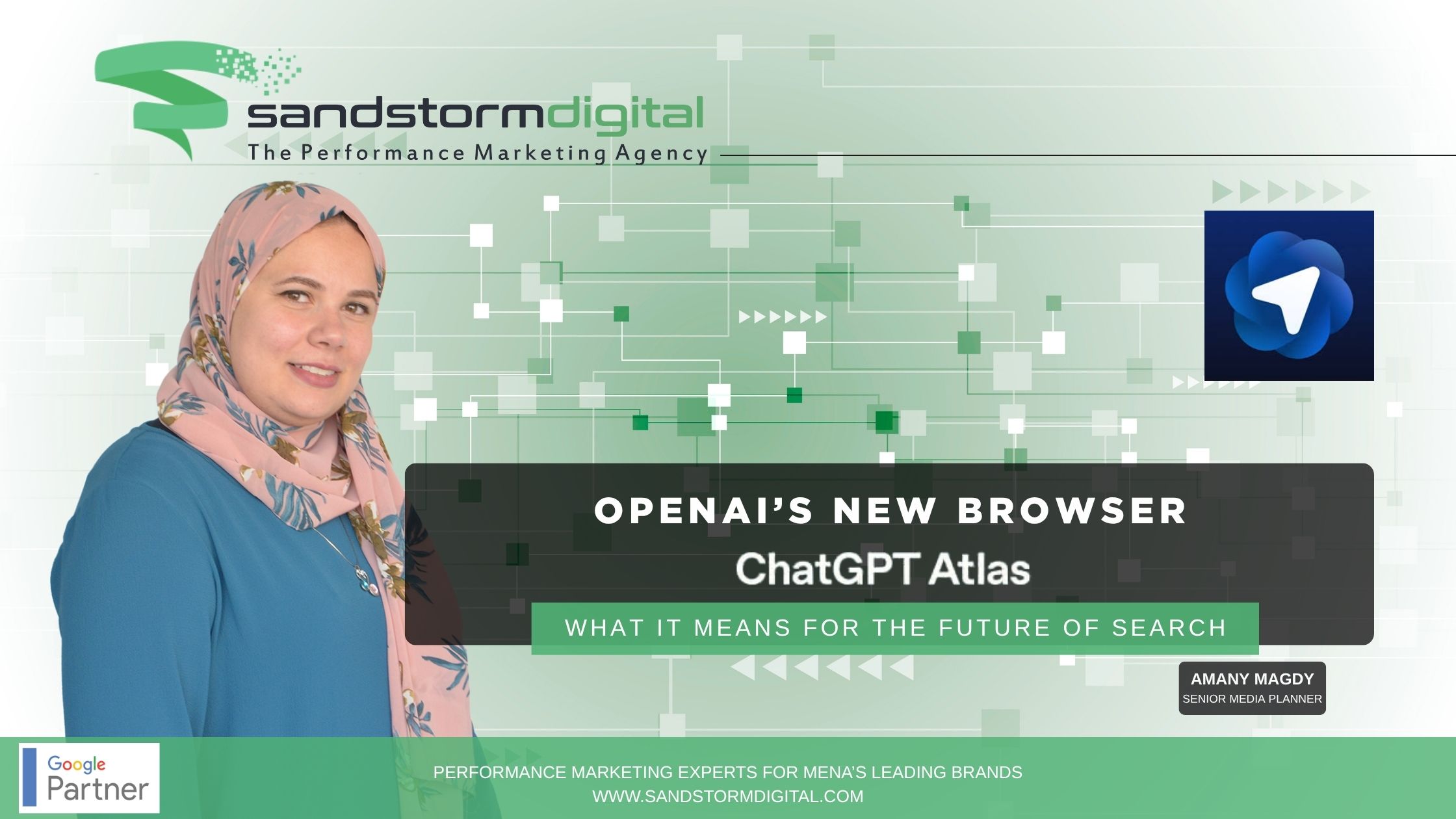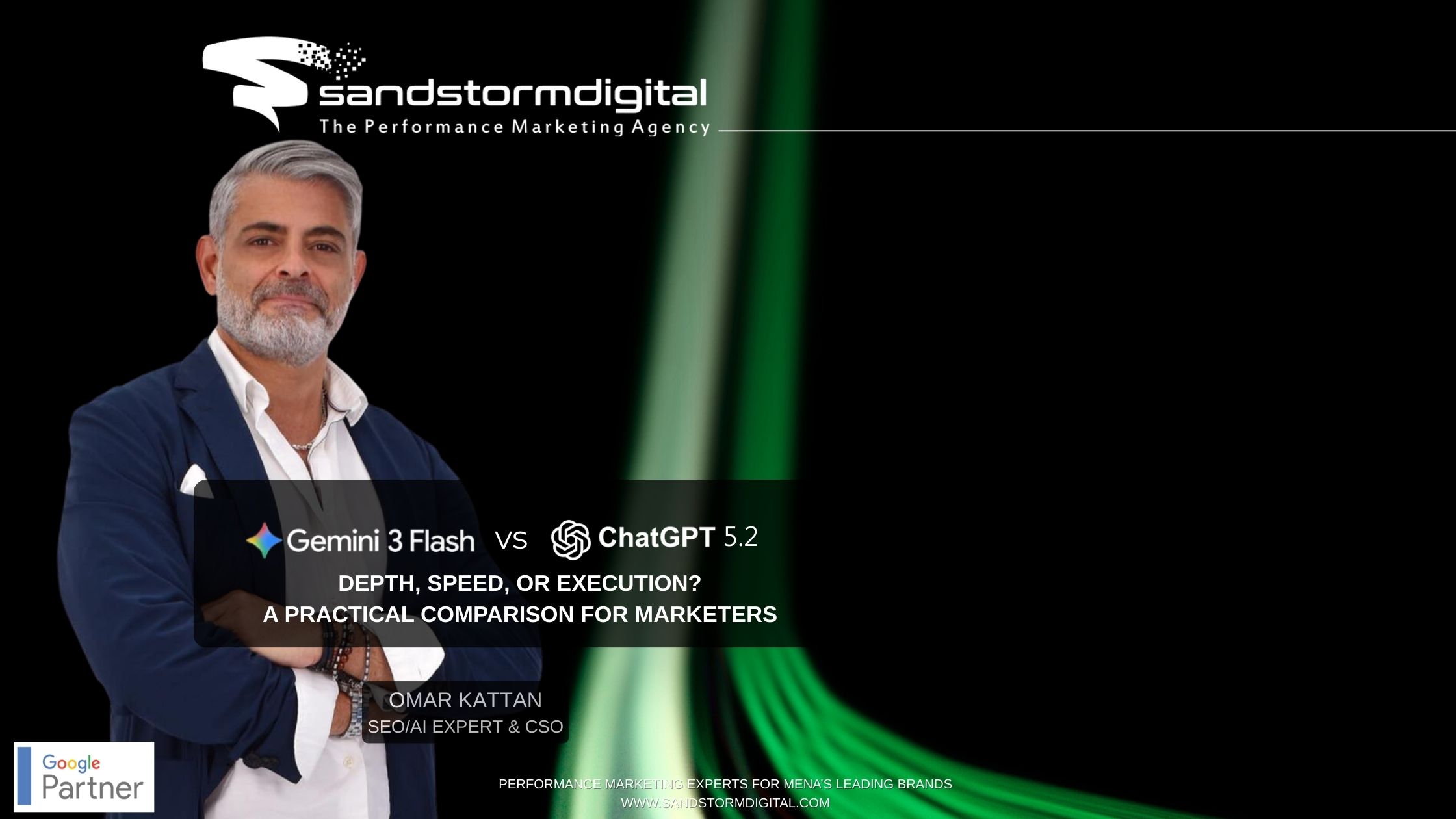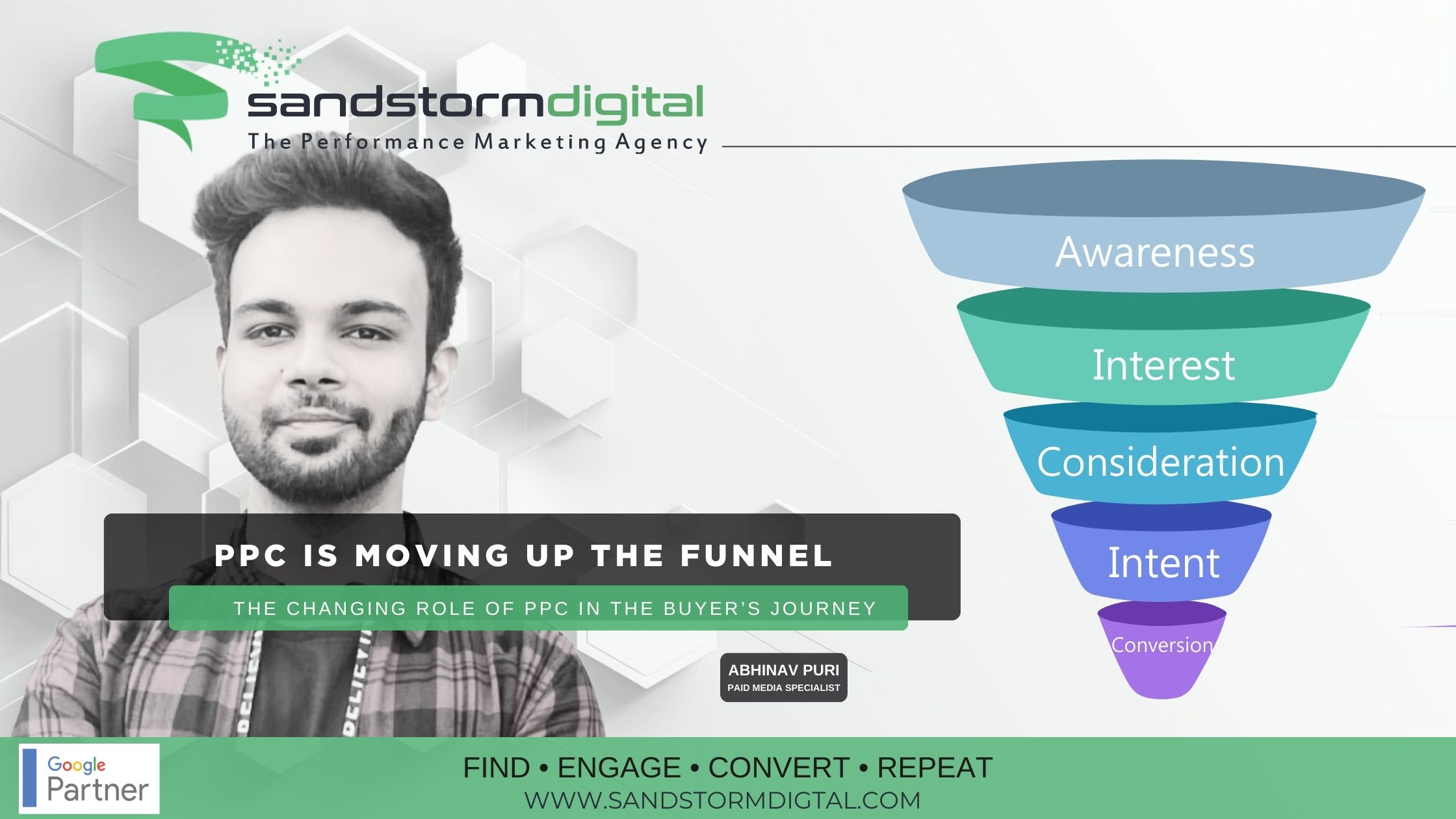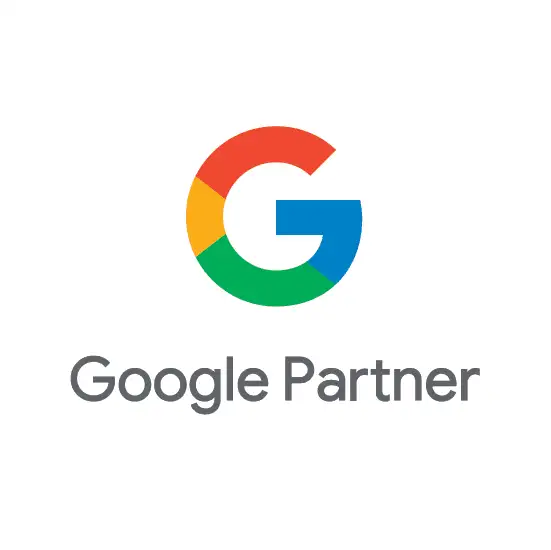When OpenAI introduced ChatGPT Atlas, it immediately sparked curiosity among marketers, tech analysts, and SEO professionals. Many wondered: Is this OpenAI’s big move to compete with Google?
The short answer: not yet.
ChatGPT Atlas is an interesting step forward, but it’s not a Google replacement, at least in its current form. Instead, it reveals how AI and search are slowly merging into one experience.
What Exactly Is ChatGPT Atlas?
ChatGPT Atlas is a new browser-like interface built by OpenAI. It looks and feels like a search engine inside ChatGPT, a place where you can type queries and get results without ever leaving the AI environment.
At first glance, you might assume it behaves like ChatGPT with the “Browse with Bing” feature — fetching live data and summarizing it intelligently. But after testing, it’s clear Atlas doesn’t do that (yet).
Instead, it seems to rely mostly on pre-trained knowledge, or what’s known as a static corpus. This means Atlas is using information it learned up to a specific cutoff date (likely late 2024), rather than going online to verify or update its answers.
So, if you ask Atlas:
- “What’s the latest iPhone model?”, or
- “How did OpenAi stock perform this week?”
It won’t have real-time answers. Instead, it’ll respond with general insights or outdated data , a clear sign that it’s not using live retrieval.
Static Knowledge vs. Retrieval: Why It Matters
Let’s break this down.
- Static knowledge is what AI models like GPT-4 or GPT-5 are trained on, a massive dataset frozen in time. Once the training ends, the AI can’t learn anything new unless it’s updated or connected to retrieval.
- Retrieval lets the AI fetch and summarize current information from the internet, APIs, or databases. This is what powers ChatGPT’s “Browse” mode or search tools like Perplexity and Google’s AI Overviews.
In simple terms:
- ChatGPT Atlas = a library.
- ChatGPT with browsing = a librarian who can go outside and get new books.
Right now, Atlas is stuck inside the library.
The Atlas Search Experience: A Retro Twist
The most surprising part of Atlas is its built-in search tab. When you click it, you’re essentially looking at a streamlined version of Google Search but without the modern bells and whistles.
Gone are the AI summaries, featured snippets, video carousels, and shopping widgets. Instead, you get classic blue links, neatly listed in a minimalist interface.
There are also separate tabs for Images, Videos, and News, each displaying clean, uncluttered results. It’s almost nostalgic, like using Google circa 2010, before ads and AI took over the page.
Interestingly, Atlas appears to use Google’s search index, not Bing’s. That’s a big shift from OpenAI’s previous reliance on Bing for ChatGPT browsing.
So instead of trying to replace Google, OpenAI might be quietly collaborating with it, a “if you can’t beat them, join them” move.
What This Means for SEO
Now to the question every digital marketer is asking: Does ChatGPT Atlas change SEO?
For now, not at all.
Since Atlas mirrors Google’s search results, your standard SEO best practices still apply:
- Create high-quality, authoritative content.
- Optimize titles, headers, and schema markup.
- Earn backlinks and improve page experience.
In fact, this reinforces the importance of ranking on Google, because AI systems (including ChatGPT and Perplexity) often pull from top-ranking pages as their source material.
Think of SEO today as AI Optimization. The better your content performs on Google, the more likely it is to be cited or summarized by AI tools in the future.
The Bigger Picture: Cooperation, Not Competition
OpenAI’s decision to integrate Google results into Atlas is strategic. It signals a partnership-driven direction, not an attempt to dethrone Google Search.
Instead of fighting over users, OpenAI and Google appear to be sharing the search experience with AI serving as the interface and Google still providing the backbone of information.
This could mark a new era where search and AI become symbiotic rather than competitive.
Takeaways:
ChatGPT Atlas is an exciting development, not because it changes search overnight, but because it hints at where AI search might be heading.
Here’s the takeaway:
- Atlas doesn’t yet use live retrieval — it’s trained knowledge only.
- Its search tab mirrors Google, with simplified results.
- SEO fundamentals remain as important as ever.
Ranking high on Google will continue to influence how AI systems understand and present your brand.
